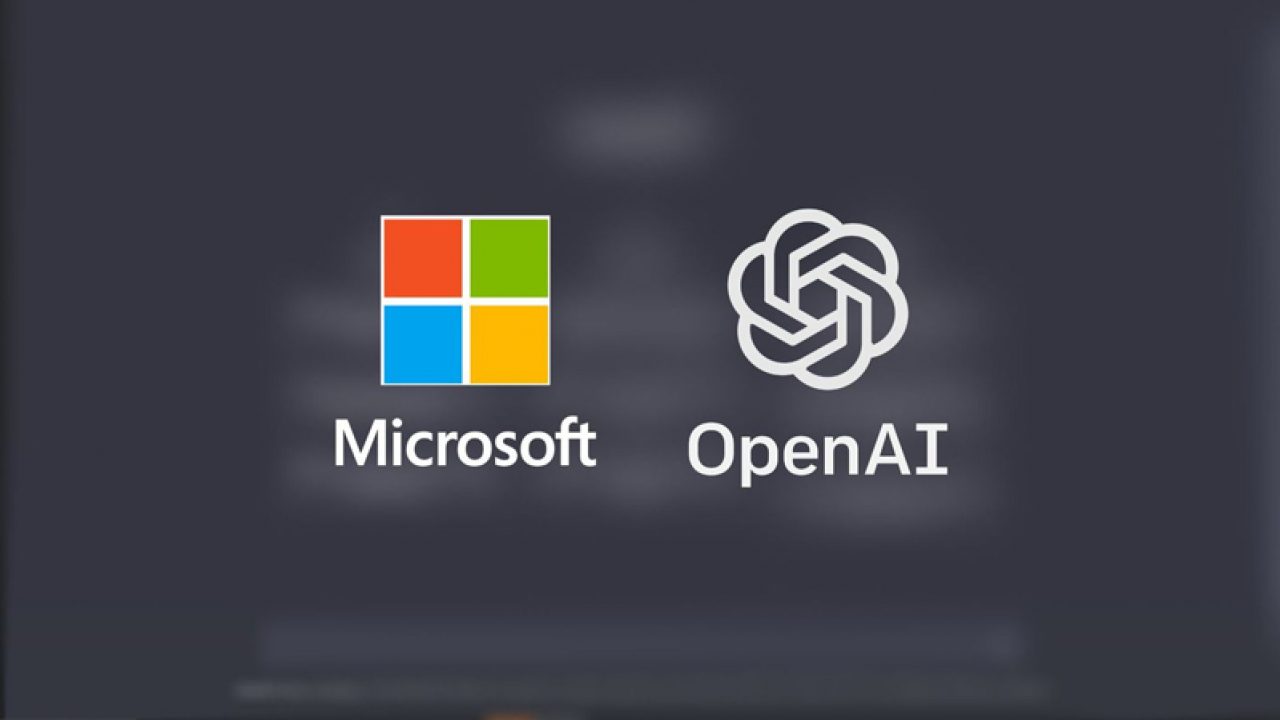
As part of its artificial intelligence (AI) revolution, Microsoft revealed on Thursday that it will be integrating an AI system in the form of ChatGPT into its popular office suite, Microsoft 365. Microsoft has given the program the moniker Copilot and announced that it will be incorporated into PowerPoint, Word, Excel, and Outlook.
The move, according to Microsoft CEO Satya Nadella, “fundamentally change the way we work.” Nonetheless, the company acknowledged that Copilot is human and can occasionally make mistakes.
“We all want to focus on the 20 percent of our work that really matters, but 80 percent of our time is consumed with busy work that bogs us down. Copilot lightens the load,” said the tech giant in a statement.
With its ChatGPT-like capabilities, Microsoft’s newest chatbot will make it simpler for businesses to produce calendar entries, meeting transcripts, or PowerPoint slides instantly.
The purpose of integrating an AI system in the ChatGPT fashion is to make it act as an assistant for users of Microsoft’s office productivity software and take over their office duties without their consent.
At a virtual release ceremony, Nadella said, “You could say we’ve been using AI on autopilot, and with this next generation of AI, we are shifting from autopilot to copilot. Microsoft has invested enormous sums of money in OpenAI, which has been developing the technology that underpins ChatGPT and its most recent iteration, GPT-4.
The chatbot on Microsoft’s Bing search engine was created using AI
The chatbot on Microsoft’s Bing search engine, which is gaining more users, was already created using AI technology. In order to avoid the humiliation that would result from generative AI performing wrong, various tech firms have been approaching it warily.
This week, Google’s cloud computing division announced that testers will be given the option to “infuse generative AI” into their applications or add them to the internet giant’s platform.
Mark Zuckerberg, the CEO of Meta, announced last month that the company’s parent, which also owns Facebook and Instagram, was forming a product group to investigate methods to “turbocharge” their AI efforts.
